It’s one thing for the Reserve Bank board to set monetary policy independent of government. It’s entirely something else when the board intervenes to raise interest rates in the middle of an election campaign, especially when only a few months ago it insisted such a rise could not be justified before 2023.
The consequences for mortgage-holders on variable-rate home loans are immediate as banks rush to pass on the rise, and opposition leader Anthony Albanese, and shadow treasurer Jim Chalmers, haven’t wasted time in pinning the blame on Scott Morrison and Josh Frydenberg. Their attack is simple: the rate rise happened on the government’s watch, and it destroys the economic credibility of the Prime Minister and Treasurer.
Yet the Reserve Bank governor, Phillip Lowe, effectively gave the Coalition’s economic management a ringing endorsement. ‘During that (pandemic) period and especially during 2020, the national health situation was precarious, the economic outlook was dire, and it was clouded by a lot of uncertainty,’ Mr Lowe said. ‘In those unprecedented times, (the board) judged that the economic damage from the pandemic was likely to require that interest rates remain low in Australia for years. As things have turned out, though, the economy has been much more resilient than we expected. Which is clearly very welcome news.’ Indeed.
Just as is the national unemployment rate falling to four per cent, and projections of the Australian economy growing by four per cent (repeat after us, Mr Albanese, four per cent) are good news. Furthermore, the inflationary pressures the rate rise addresses are largely due to fallout from the Wuhan virus and the Russian war on Ukraine, and labour shortages, and are mild compared to the United Sates and other leading economies.
Instead of cringing under Labor’s cynically false attacks, the government should be counter-attacking with confidence. For a start, Mr Morrison and Mr Frydenberg know home mortgage rates are still historically low, especially compared to former treasurer Paul Keating’s 17 per cent monster in ‘the recession we had to have’. They can highlight statistical full employment being reached under their stewardship and, of course, that millions of jobs were saved by the short-term pandemic emergency intervention that was JobKeeper. And they can argue that only the Coalition can be trusted to pursue restraint on both sides of the inflationary equation: prices and wages.
On that last point, it wasn’t Mr Albanese’s policy launch – with the Sky News straplines at the bottom of the television screen giving more detail about his policies than did the Labor leader – that should alarm fiscal conservatives. Rather, it was his starring at a massive union rally in Brisbane the following day, where he surrounded himself with union heavies and Labor luvvies, all backing the ACTU’s shrill demand for ‘real wage justice’.
Still a son of the far Left despite his window-dressing, Mr Albanese as prime minister won’t preach wage restraint and risk being condemned as anti-union. His heart wouldn’t be in it. Even if Mr Albanese did want to show a bit of fiscal backbone, the ACTU wouldn’t let him, the militant unions wouldn’t let him, and his own caucus wouldn’t let hm. Inflation hurts but, as far as the Left is concerned, we can have it all, including a renewal of the price-wage spiral that so blighted the Australian economy and spurred unemployment in the 1970s.
To be truly effective in countering Labor, however, the Coalition needs belatedly to be honest with the electorate, and admit the tough times aren’t over. The next government will have to rein in, and cut, spending as well as pay back massive debt. It needs to be prepared to hold real wage growth in check. It must acknowledge growth alone, to raise enough tax revenue to fulfil every single item on electoral wish lists, is Alice in Wonderland fantasy.
If Mr Morrison and Mr Frydenberg can do this, they deserve re-election. Even if they fall short, they can then honourably set the tests under which their successors will be judged in three years’ time. This week is crunch time: if the government can win the economic management battle against a Labor leader who, on the campaign’s first day, exposed his economic ignorance, and a Labor party whose alternative economic policy is little more than one-liners and thought bubbles, it still has a chance of pulling this election off.
Got something to add? Join the discussion and comment below.
Get 10 issues for just $10
Subscribe to The Spectator Australia today for the next 10 magazine issues, plus full online access, for just $10.
You might disagree with half of it, but you’ll enjoy reading all of it. Try your first month for free, then just $2 a week for the remainder of your first year.


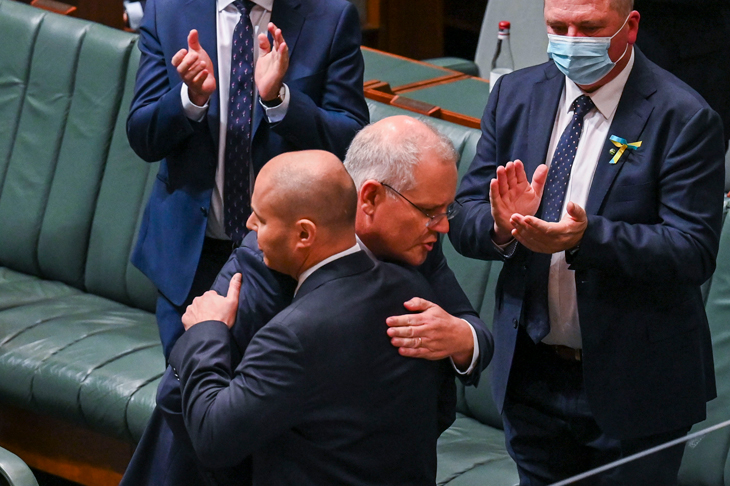
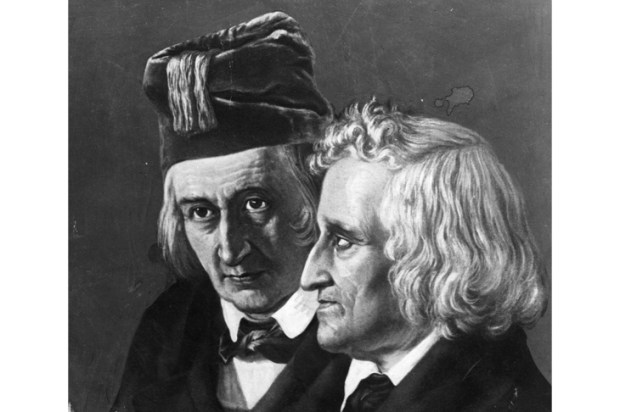

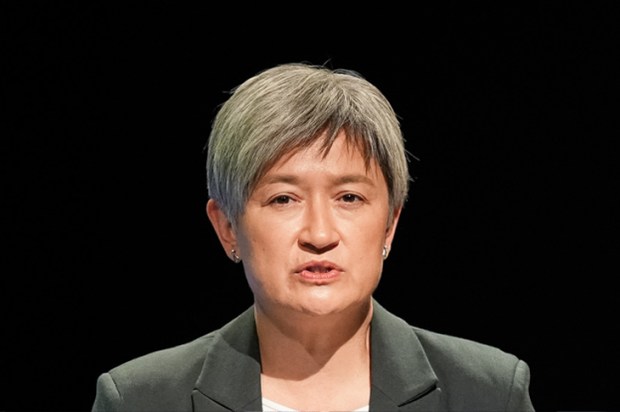
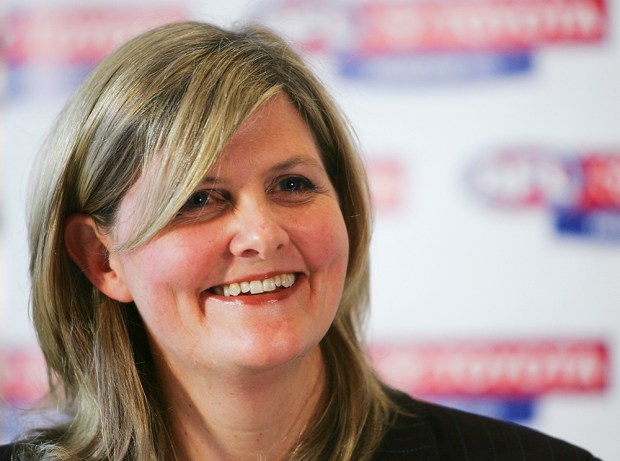
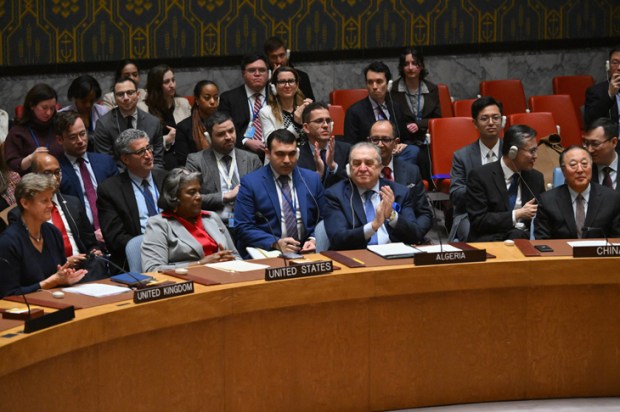
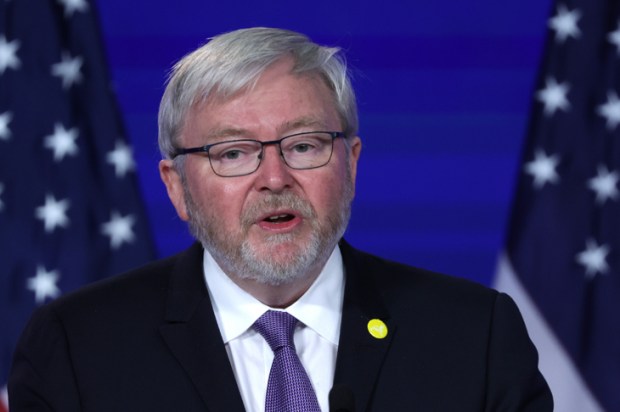






Comments
Don't miss out
Join the conversation with other Spectator Australia readers. Subscribe to leave a comment.
SUBSCRIBEAlready a subscriber? Log in